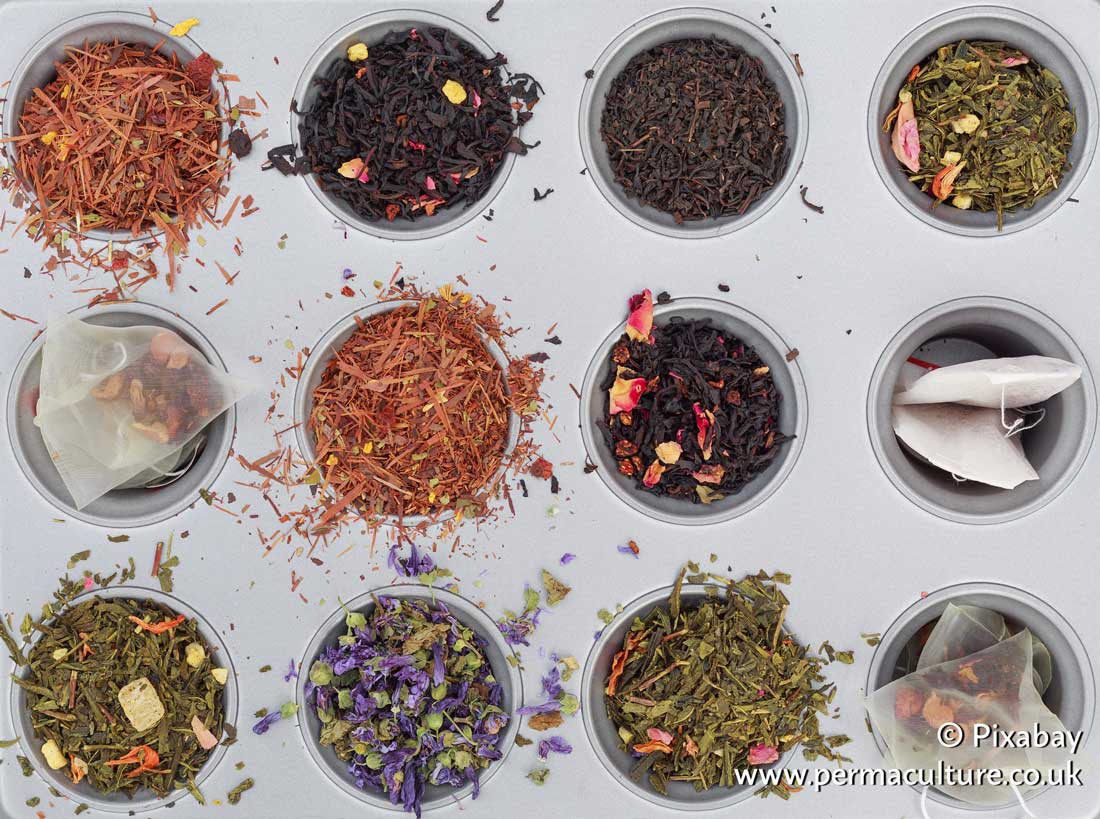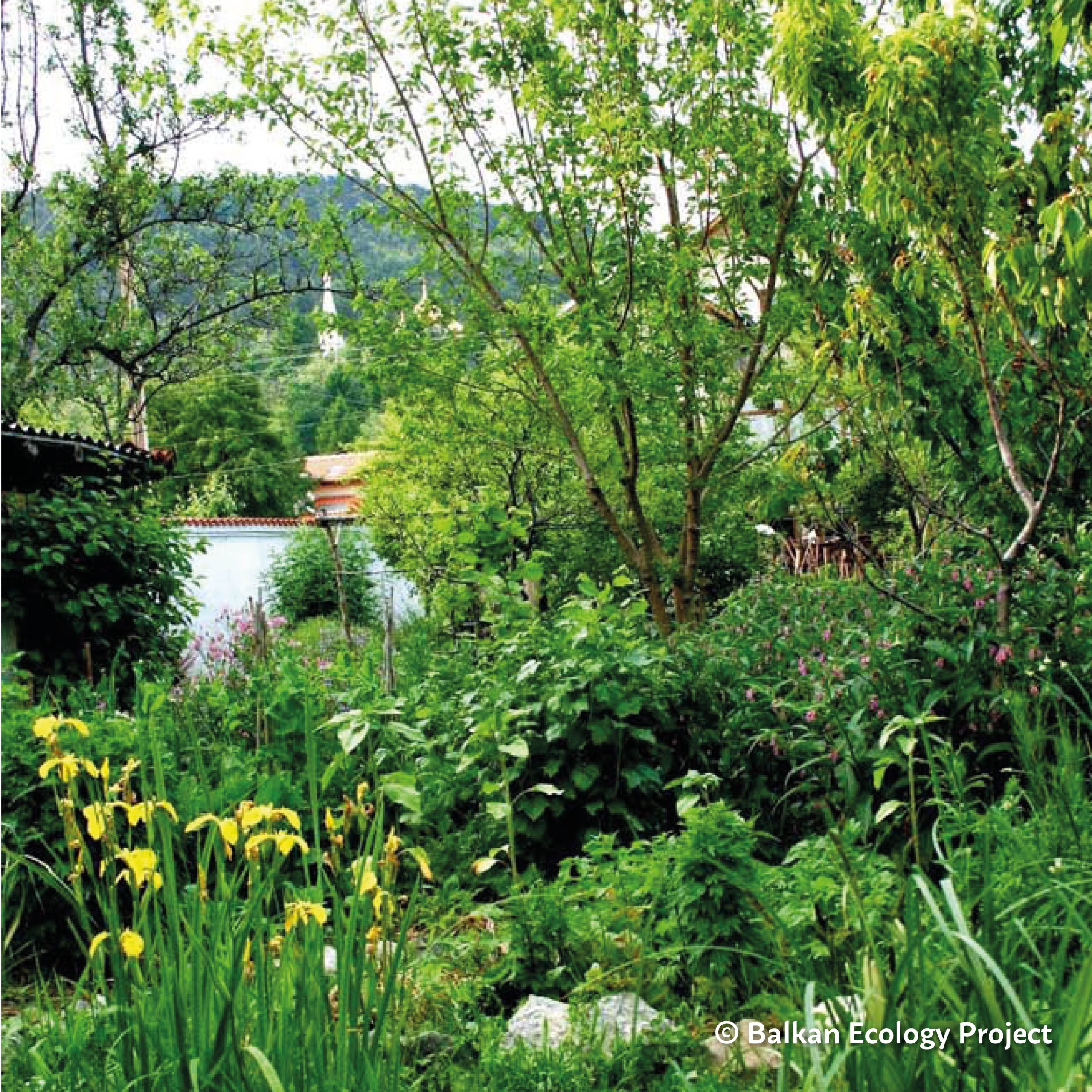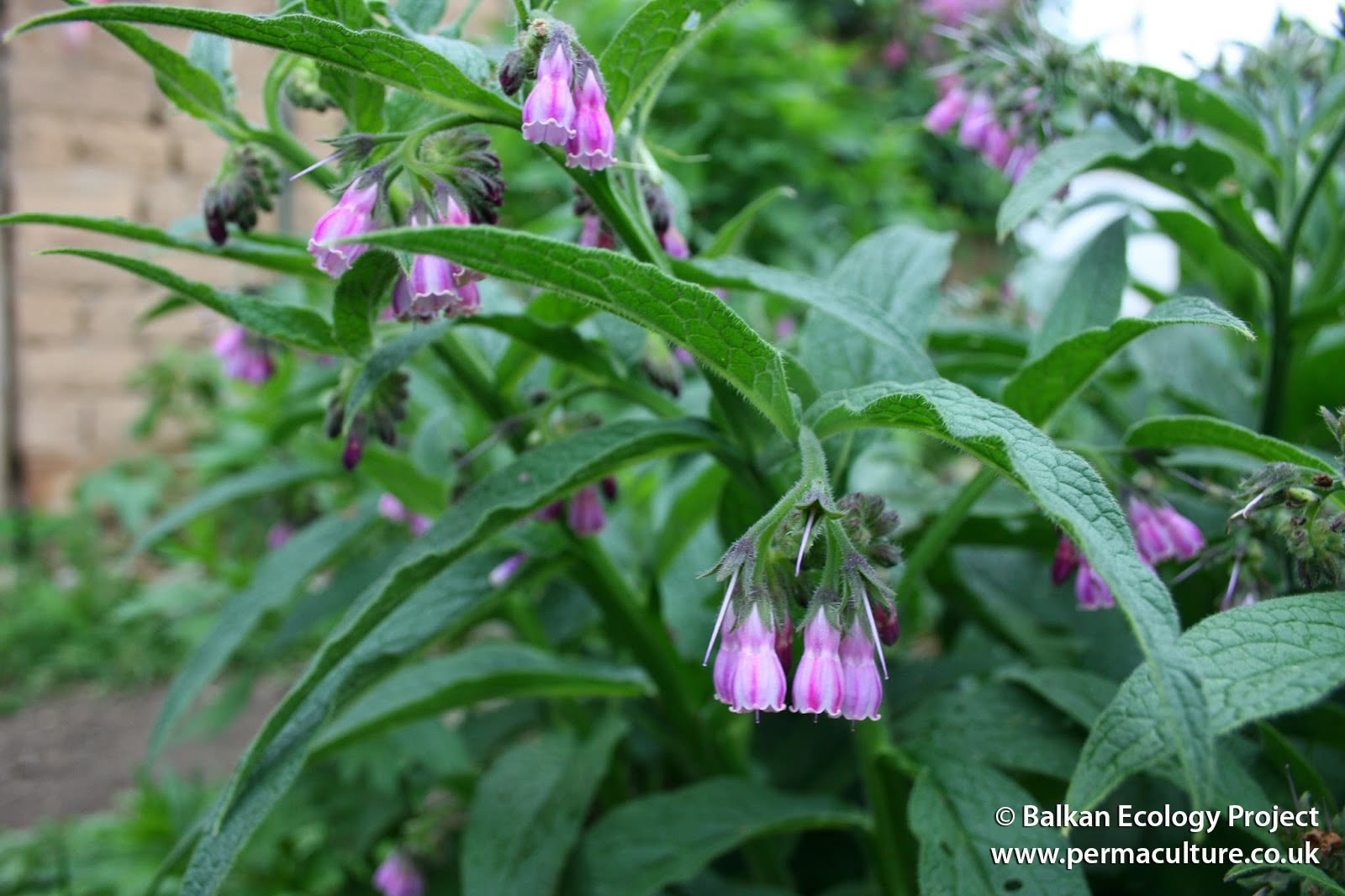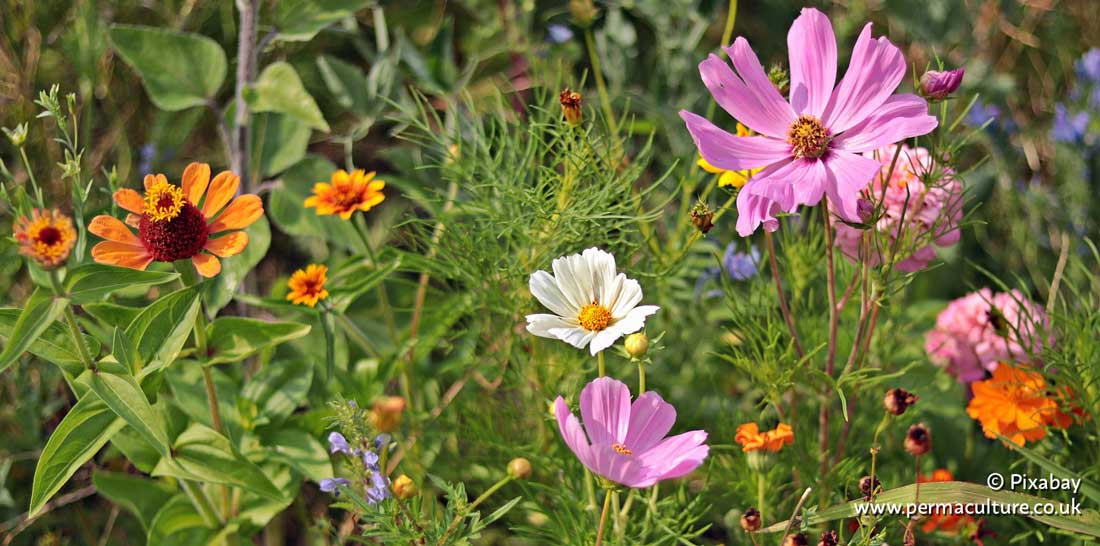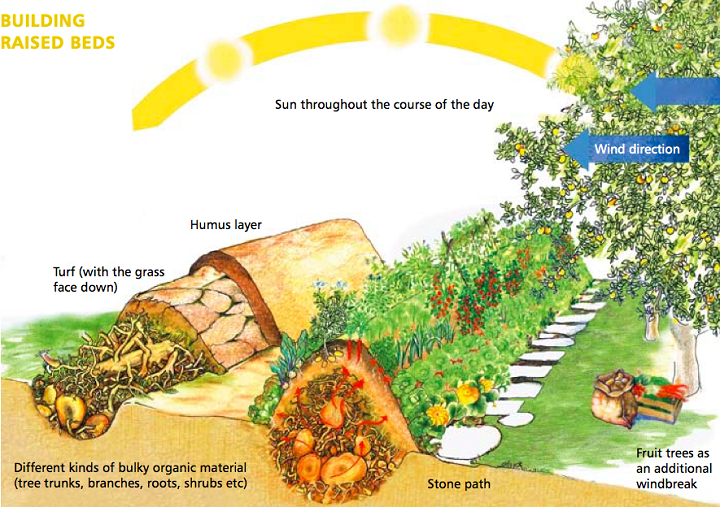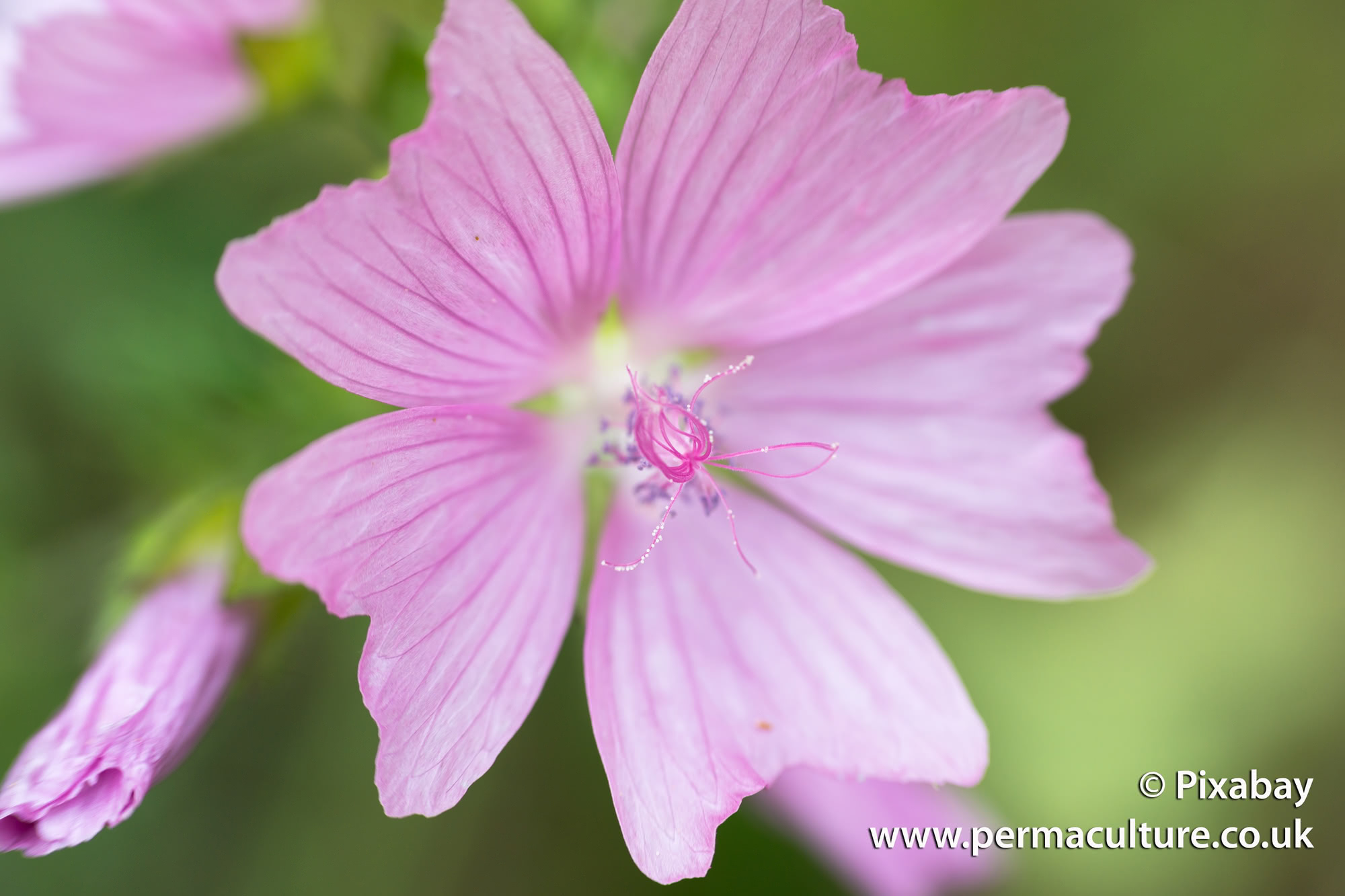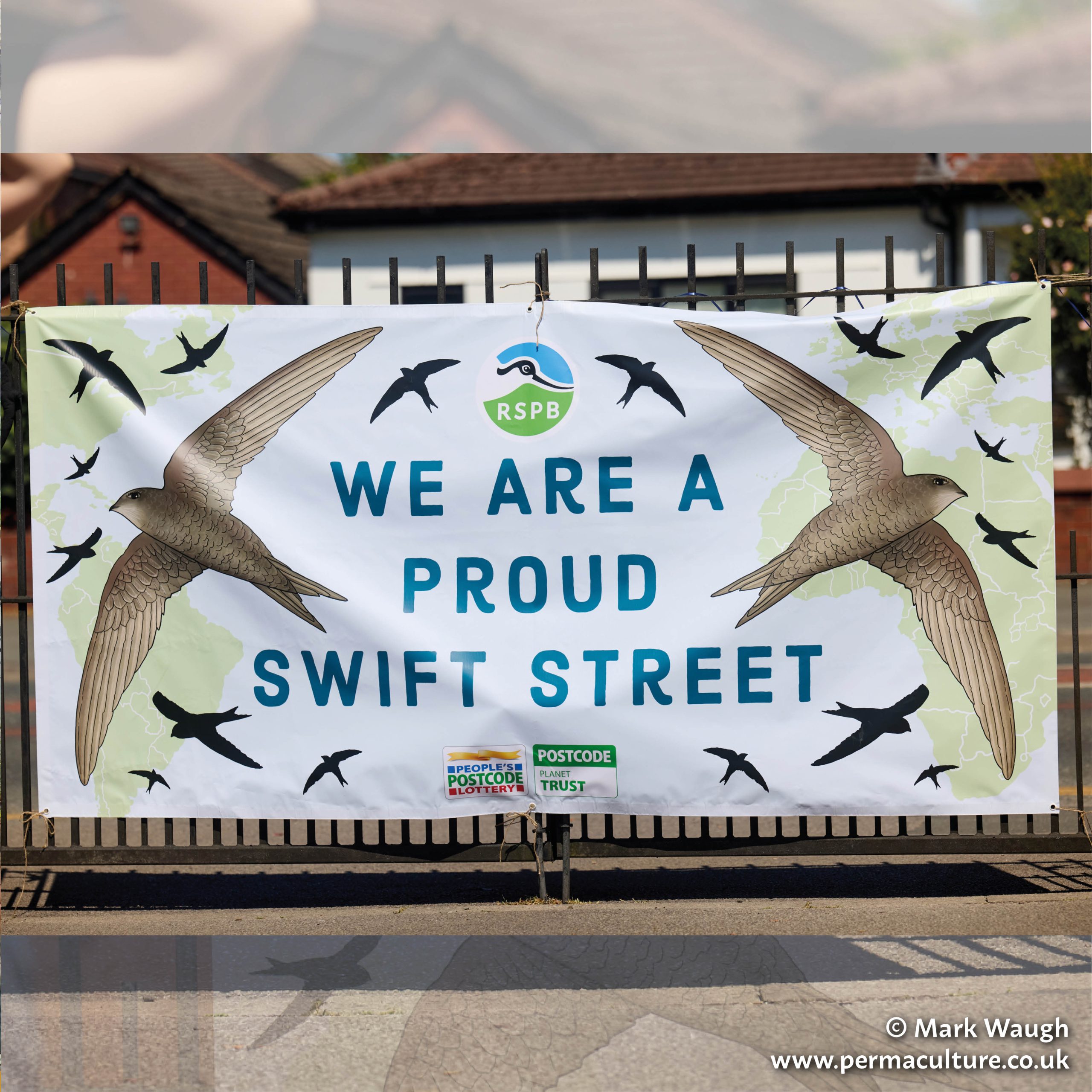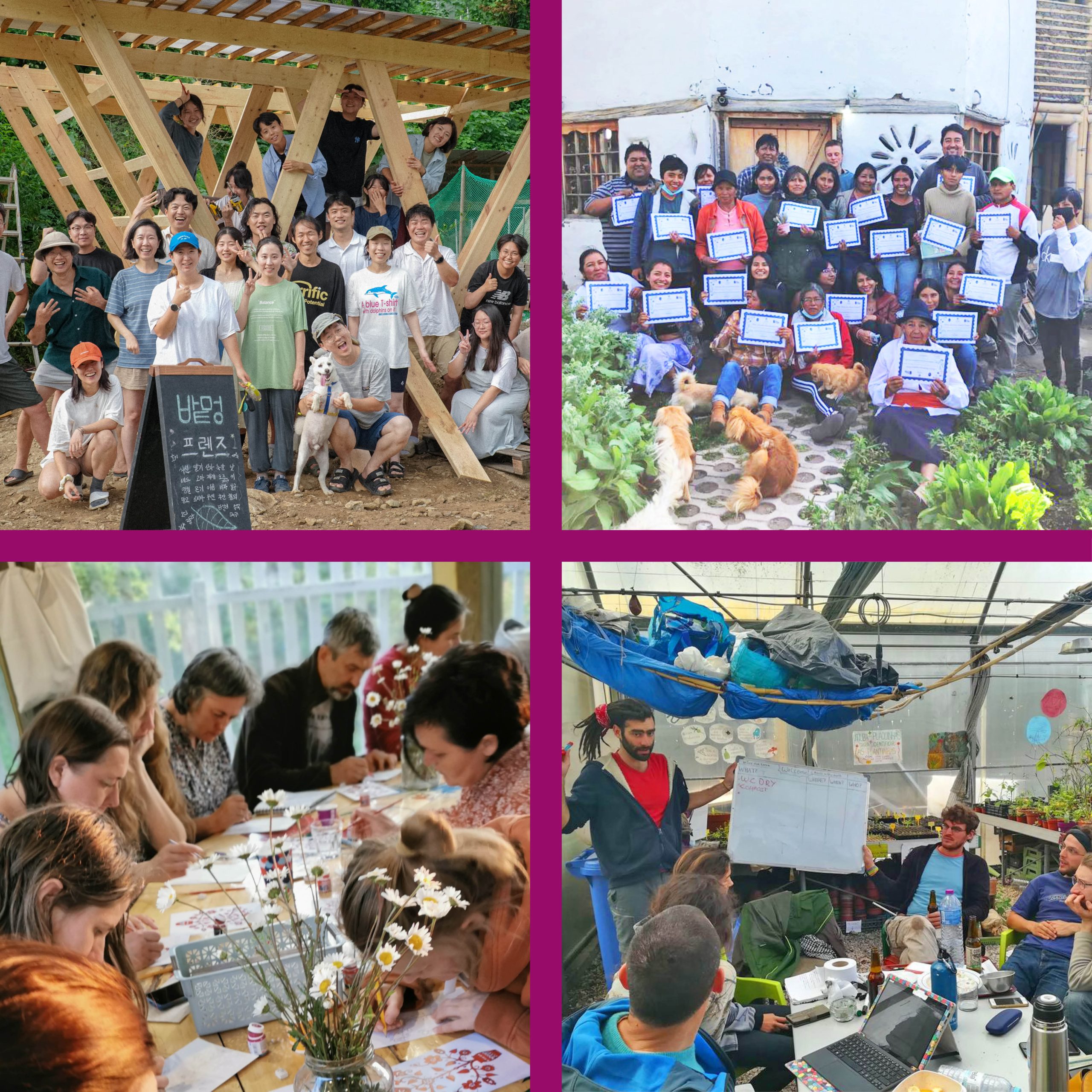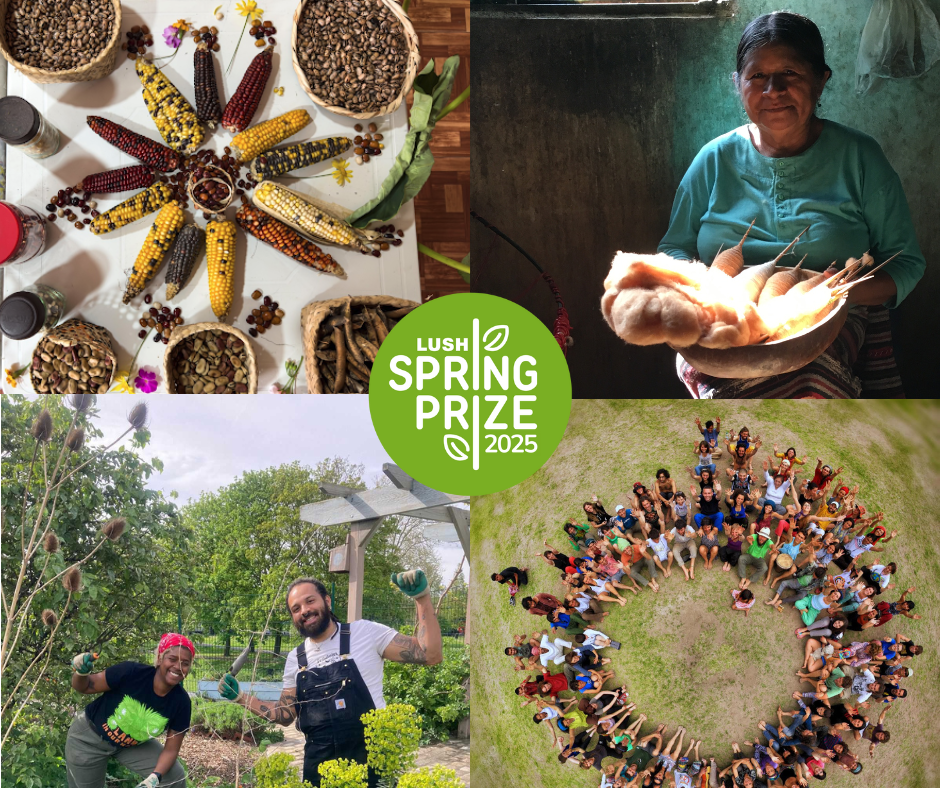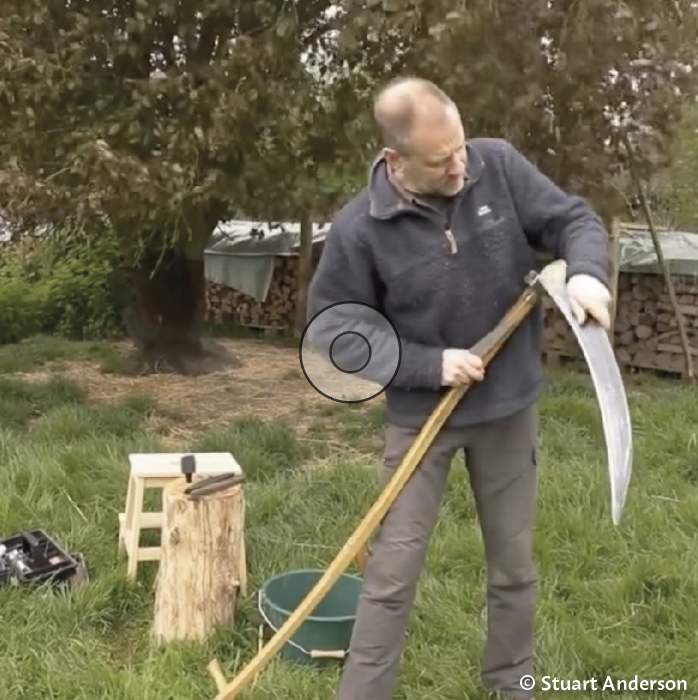£25,000 Permaculture Magazine Prize Announces Winners (2018)
We are delighted to announce the winners of the 2018 Permaculture Magazine Prize. 8 projects showcasing the very best examples of ecological, social and economical regenerative permaculture projects in the world.
Established in 2018, the Permaculture Magazine Prize aims to showcase the very best examples of ecological, social and economical regenerative permaculture projects in the world. We want to shine a light on good people and good works in a world on the edge of collapse and climate crisis. We are therefore delighted to announce the 2018 winner and runners up of its main category plus the Youth prize supported by the Abundant Earth Foundation.
The Ghana Permaculture Institute (GPI) takes the main £10,000 award for its extraordinary work with its farming community and beyond. GPI have to date trained 8,000 farmers in a range of skills including growing moringa (a highly nutritious nitrogen-fixing tree that can be used to make a variety of natural products from soap to simple medicines), beekeeping, how to set up indigenous tree nurseries and food forests. They have established a micro-credit system for the community and go into schools to teach children how to grow food and farm mushrooms for added income. They teach permaculture design and especially train women in backyard farming. (Read more about them in Permaculture Magazine issue 98, out now.)
“For us, this is not only an opportunity, but also a challenge to expand our network growth and to implement more sustainable projects that focus on empowering local communities through permaculture,” says Paul Yeboah from GPI (https://permacultureghana.wordpress.com)
The four runners up are equally impressive and each will receive £2,500.
They are:
- Albaydha Project and Albaydha Development Co., Saudi Arabia. This project is an example of agroforestry that can survive on less than 2 inches of rain a year, while restoring shallow aquifers, sequestering carbon, increasing biodiversity, and honoring the pastoral heritage of the local people. (www.al-baydha.com)
- Guba, Swaziland: By offering local people skills to create productive homesteads and learn methods and technologies to be self-sufficient and entrepreneurial, Guba are creating resilient communities for now and the future. (www.gubaswaziland.org)
- Bentley Urban Farm, UK, a place of refuge, learning and fresh, organic produce in a food desert where there are ample take-aways on every street but not one independent greengrocer. Bentley teaches people how to grow, cook and eat fresh local food and builds community in a fractured society with high unemployment. (www.bentleyurbanfarm.com)
- Permaculture Provision Project, USA. Working with the local Navajo Nation, this project is creating fresh food in the ‘Four Corners’ and reviving indigenous food growing techniques and traditions. It is showcasing the need for permaculture across the US. (www.permacultureprovision.org)
Abundant Earth Foundation – Youth in Permaculture Prize
The winner of the Abundant Earth Youth Prize is Millicent Anyango, who uses permaculture methods to feed orphans, school children, and the homeless. Millicent grew up an orphan in Kenya. She now works at her orphanage teaching the children about fresh, nutritious food. The surplus food goes to the homeless project Millicent also works with. Her commitment to the next generation at such a young age is extraordinary.
Runners up are:
- Tierra Nueva. After being devastated by hurricane Maria, John Lago Gonzalez turned his family farm in Puerto Rico into a showcase for permaculture techniques. A tree and herb nursery, and waste collection system are already benefitting the community.
- Felipe Vasconez grows fresh, organic vegetables high in the Ecuadorian mountains. He aims to create a shared space in Ecuador’s capital, where organic and permaculture producers from across the country, can sell their produce whilst educating the nation.
